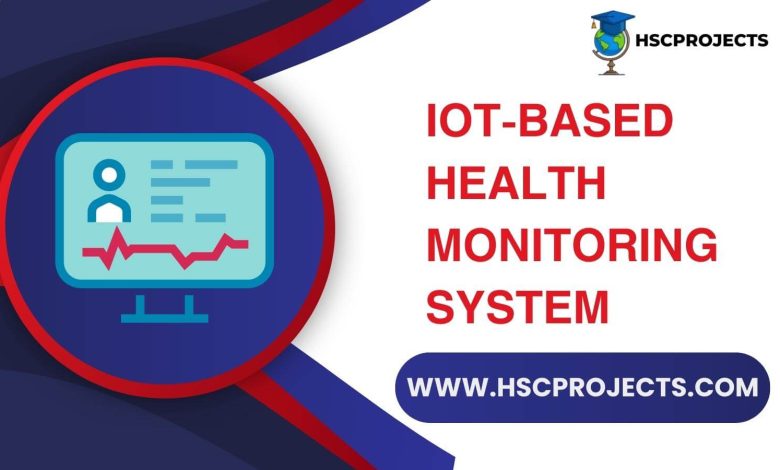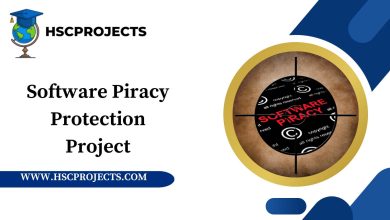
IOT-Based Health Monitoring System
Introduction
The Internet of Things (IoT) is transforming various sectors, and healthcare is no exception. The IoT-based health monitoring system is a groundbreaking approach to keep track of patients’ well-being remotely. This article delves into the intricacies of smart health monitoring systems using IoT, focusing on patient health monitoring, hardware and software specifications, and the benefits of implementing such systems.

The Need for IoT in Healthcare
Traditional methods of health monitoring often require manual intervention and constant attention, making it challenging for caregivers to manage multiple patients or for family members to monitor the elderly while at work. IoT healthcare projects offer a solution by automating these tasks, providing real-time data that can be accessed remotely.
How It Works
Our IoT-based patient health monitoring system employs various sensors, including heartbeat and temperature sensors, connected to a microcontroller like Atmega or Arduino. These sensors continuously monitor the patient’s vital signs. The data is then displayed on an LCD and transmitted via an ESP8266 WiFi module to a secure online platform.
Hardware Specifications
- Atmega Microcontroller
- ESP8266 Wifi Module
- Heartbeat Sensor
- Temperature Sensor
- LCD Display
- Resistors, Capacitors, Transistors
- Cables and Connectors
- Diodes, PCB and Breadboards
- LED, Transformer/Adapter
- Push Buttons, Switch, IC, IC Sockets
Software Specifications
- Arduino Compiler
- MC Programming Language: C
- IOTGecko for data visualization and alerts
Features and Benefits
- Real-Time Monitoring: The system provides live updates on the patient’s heartbeat and temperature.
- Automated Alerts: Any abrupt changes in the vital signs trigger automatic notifications to caregivers or family members.
- Data Logging: All information is securely logged, facilitating historical data analysis.
- Remote Access: The system can be accessed from anywhere, ensuring timely medical intervention.
Limitations and Future Scope
While IoT-based health monitoring systems offer numerous advantages, they are not without limitations, such as dependency on a stable internet connection. Future enhancements could include integrating more types of sensors and using machine learning algorithms for predictive analytics.
Conclusion
IoT-based health monitoring systems are a boon for modern healthcare, offering an efficient, automated method for keeping track of patient health. As technology advances, these systems will undoubtedly become more sophisticated, further revolutionizing healthcare.
In order to download the PDF, You must follow on Youtube. Once done, Click on Submit
Subscribed? Click on Confirm
Download IOT-Based Health Monitoring System PDF






